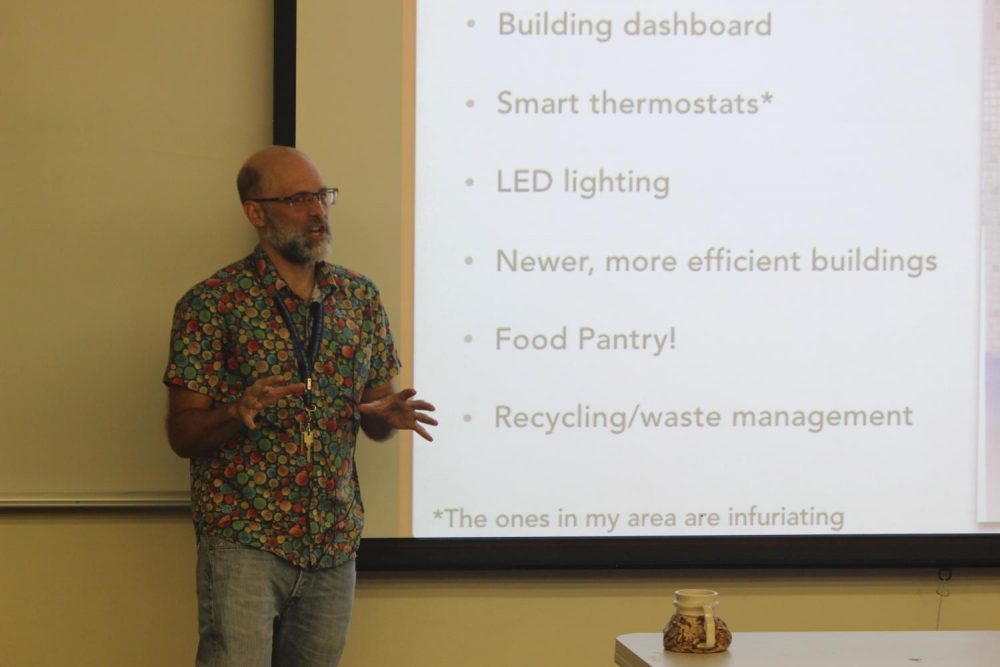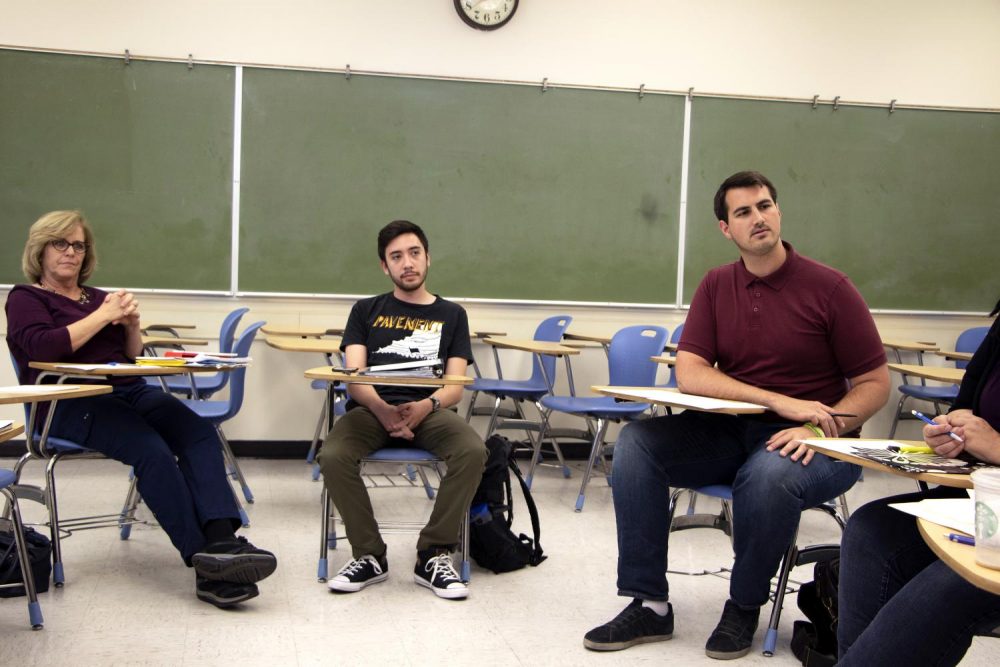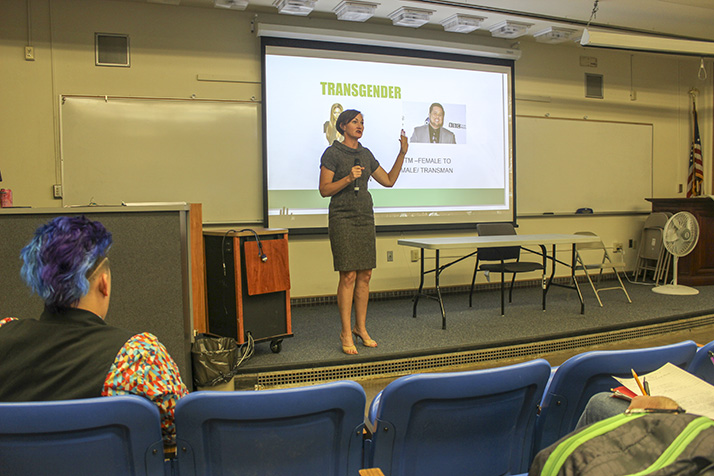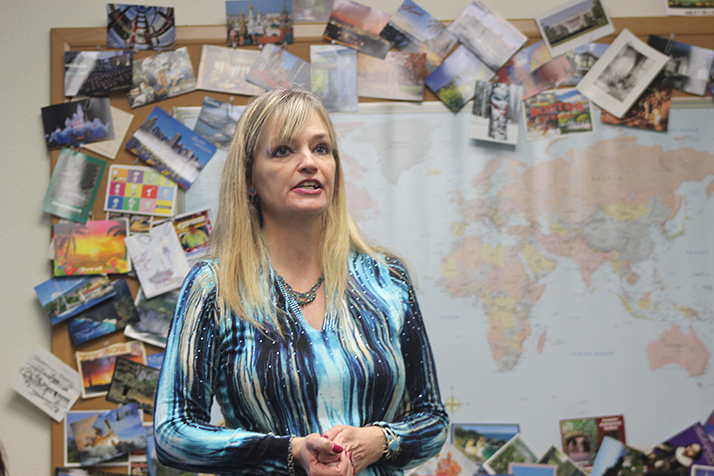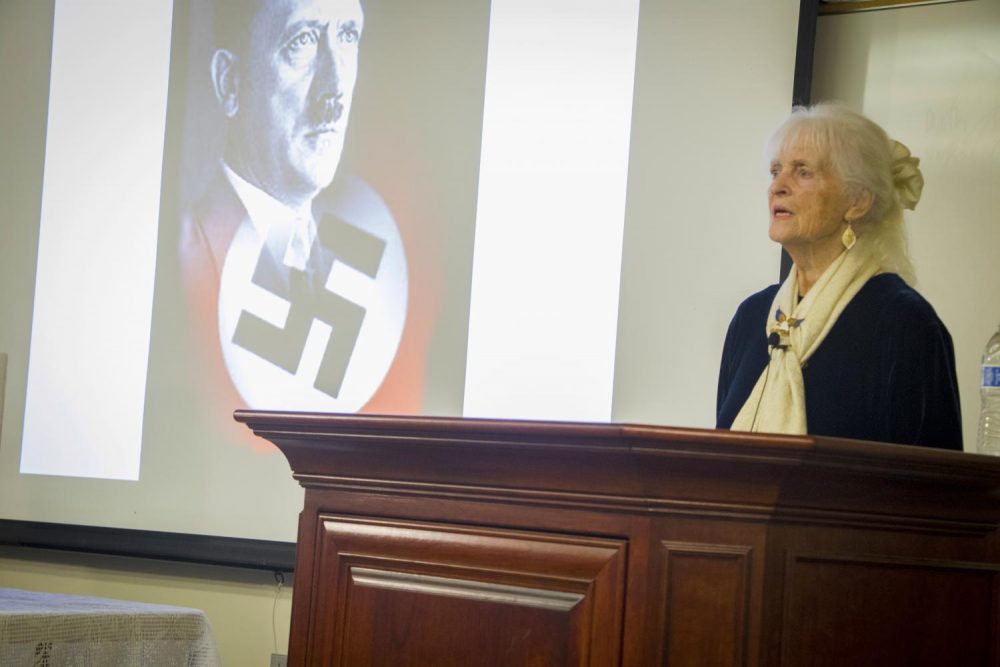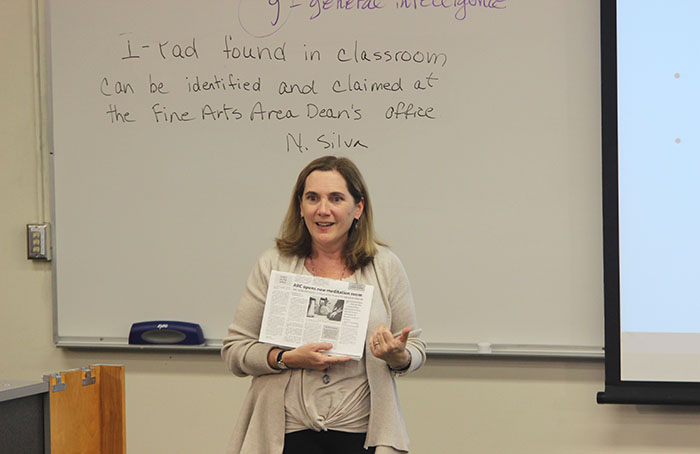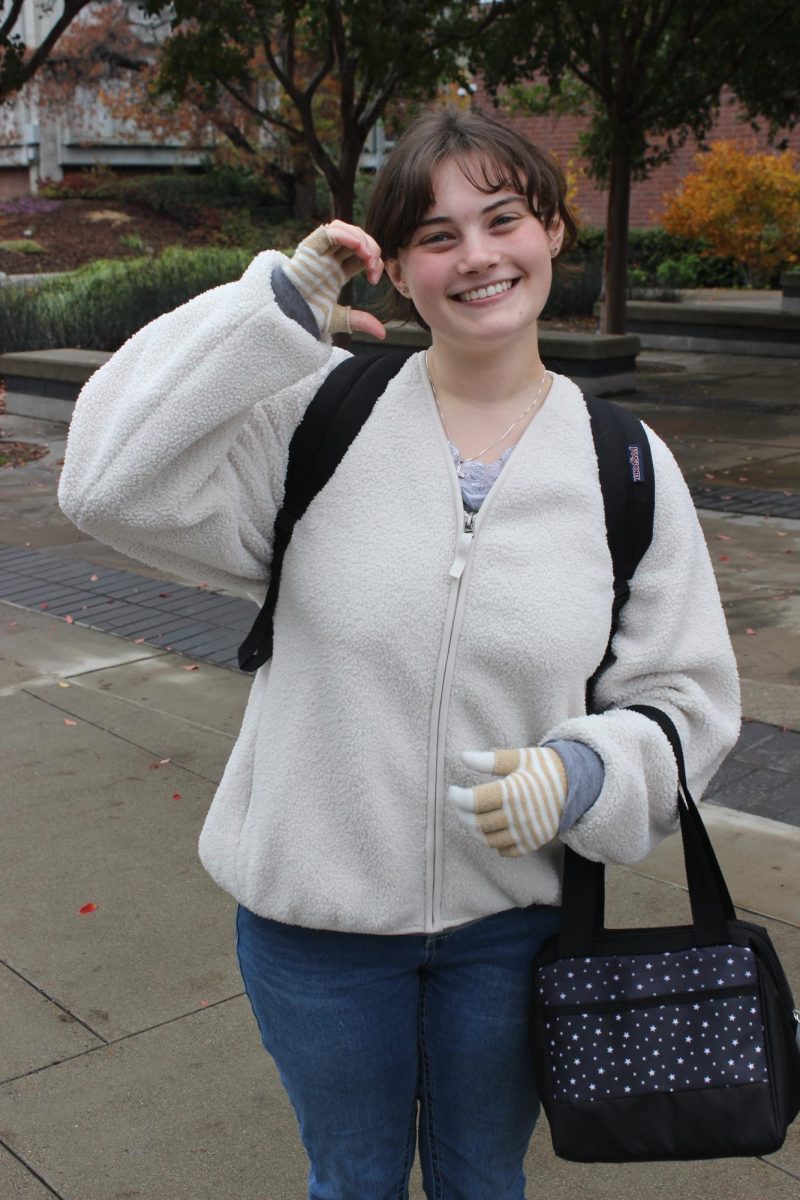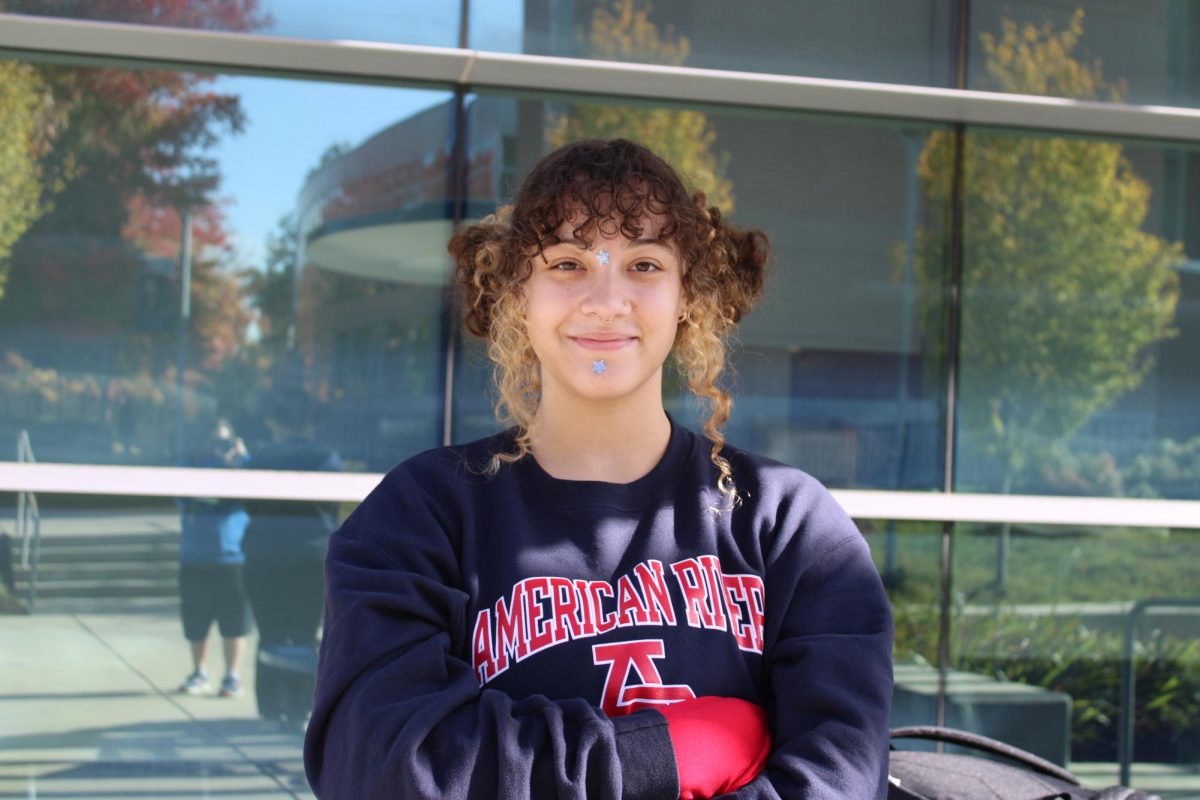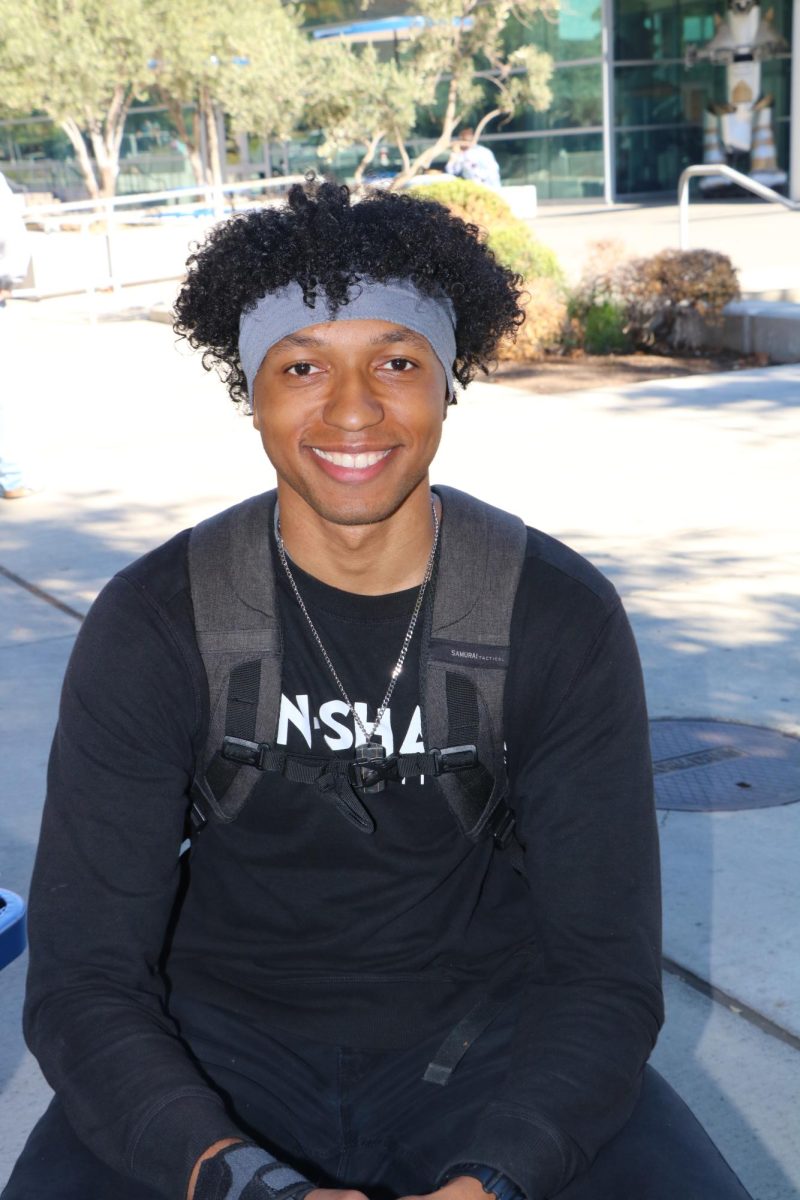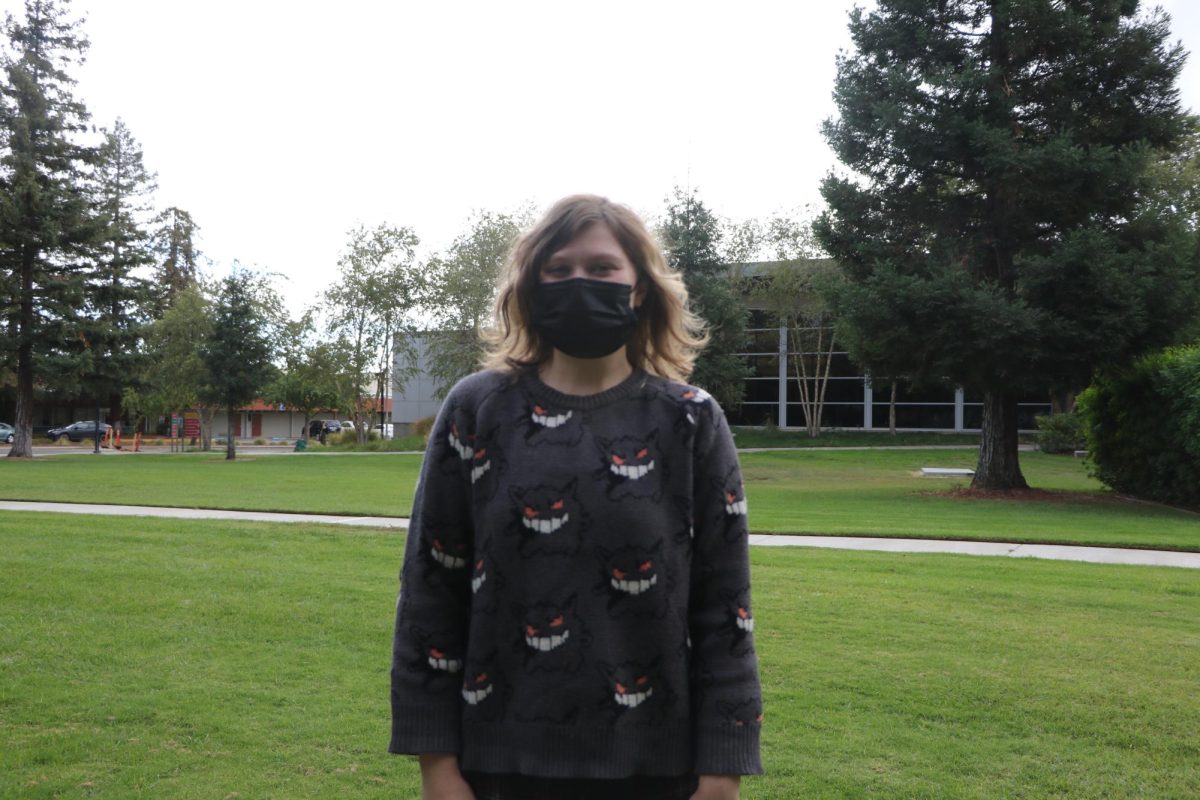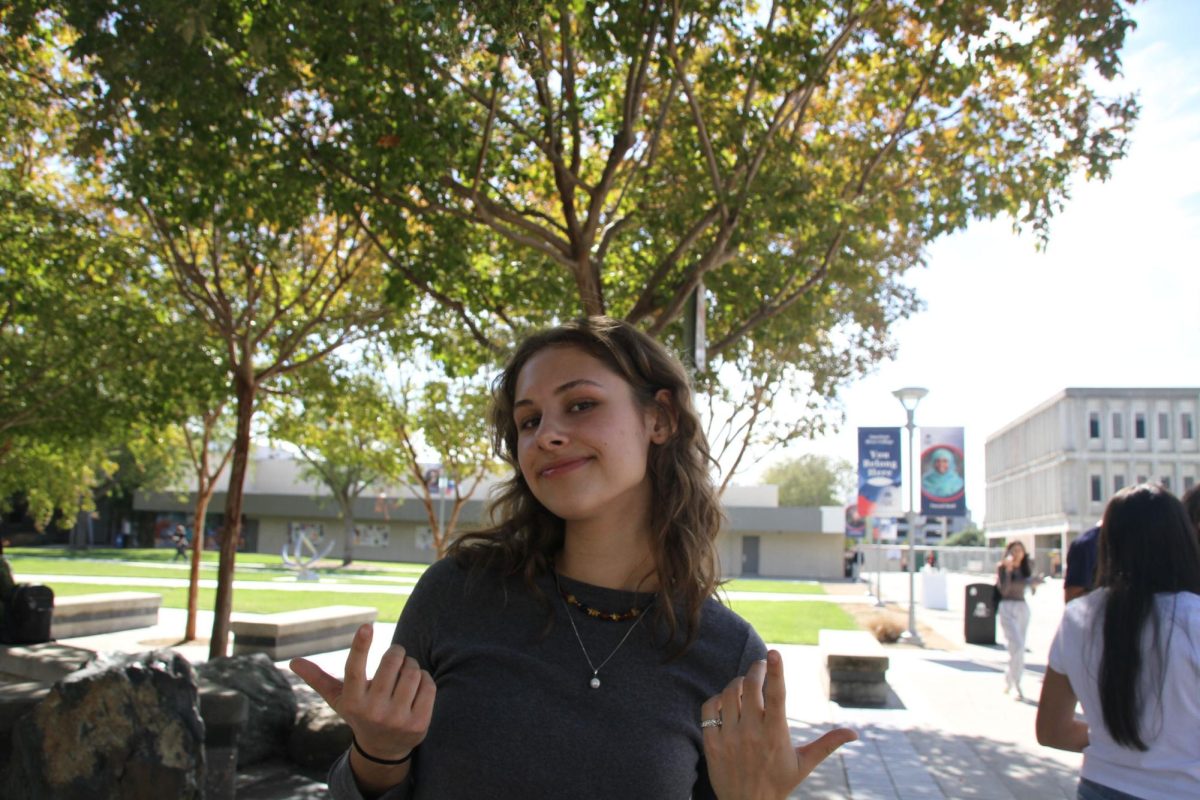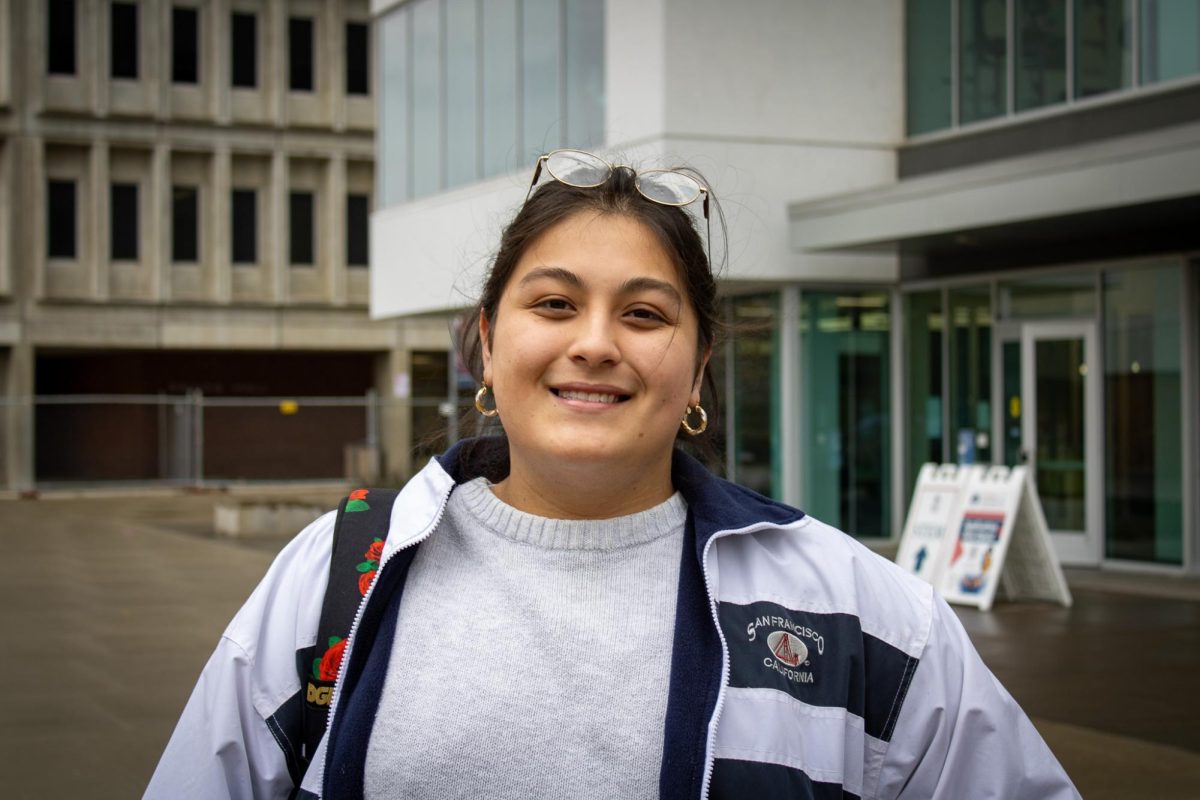On Nov. 16, geology professor Glenn Jaecks gave a lecture during college hour about adapting locally and regionally to the effects of climate change, as well as what we can do to minimize its impact on campus.
“Human behavior, predominantly burning fossil fuels, but other things too like deforestation are affecting CO2 levels,” Jaecks said.
Jaecks claims that it is too late to stop climate change, but that we can mitigate it through adaptation.
“As sea levels go up, as drought increases in intensity and increases in geographical area, people are going to be moving around and they’re going to be leaving where they live now and they’re going to want to go somewhere where they can actually live,” Jaecks said.
Jaecks made the point that as individuals, changing to more energy efficient utilities is no longer sufficient, and that we need to act collectively on the issue of climate change, including by having a plan to combat climate change at American River College..
Currently, California and the city of Sacramento have climate action plans, as well as many colleges across the country, according to Jaecks.
Jaecks showed a slide during his lecture with a list of suggestions for ARC including reducing greenhouse gas emissions, better managed of food waste, improving commuting infrastructure and flood mitigation.
“We want to go all renewable by 2045, the City of Sacramento has a climate action plan. A lot of it has to do with improving infrastructure,” Jaecks said.
ARC has already planted more trees, installed smart thermostats and LED lighting and are building more energy efficient buildings to improve its infrastructure.
“Student government, faculty and staff have to find a way of implementing these sorts of things and making them central, not an afterthought,” Jaecks said.


